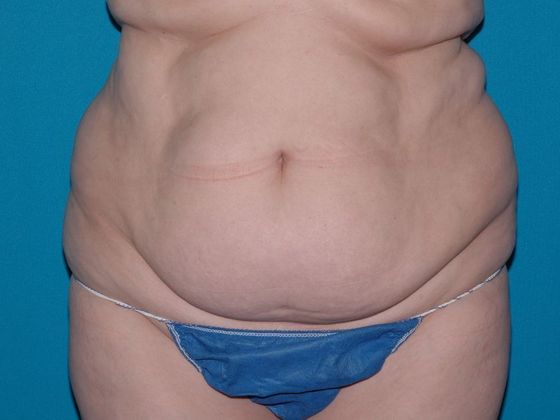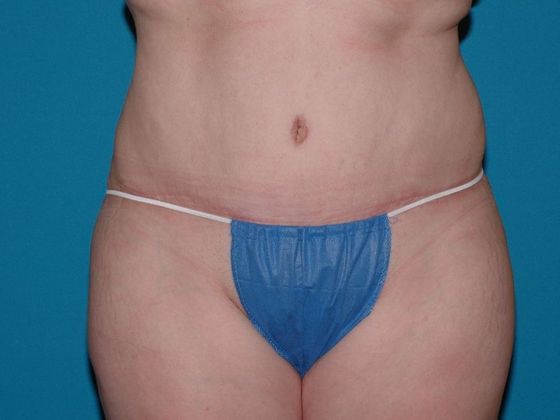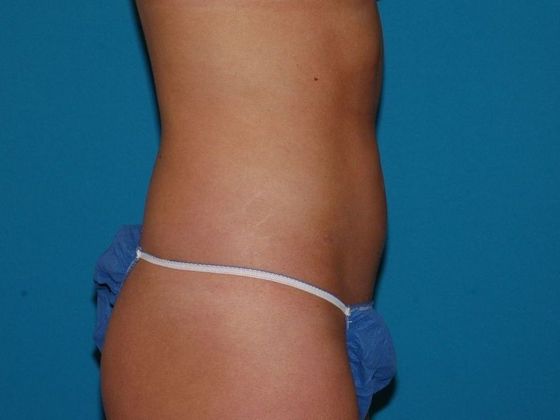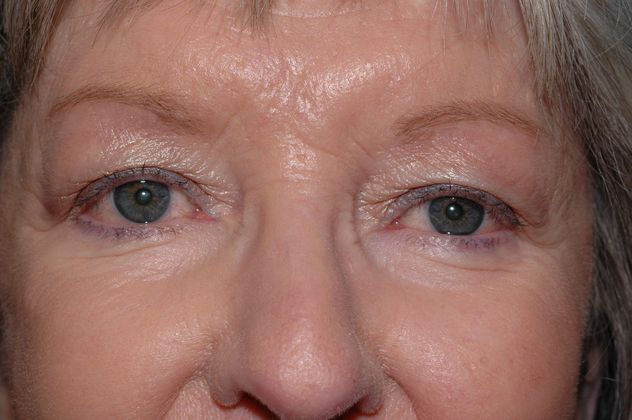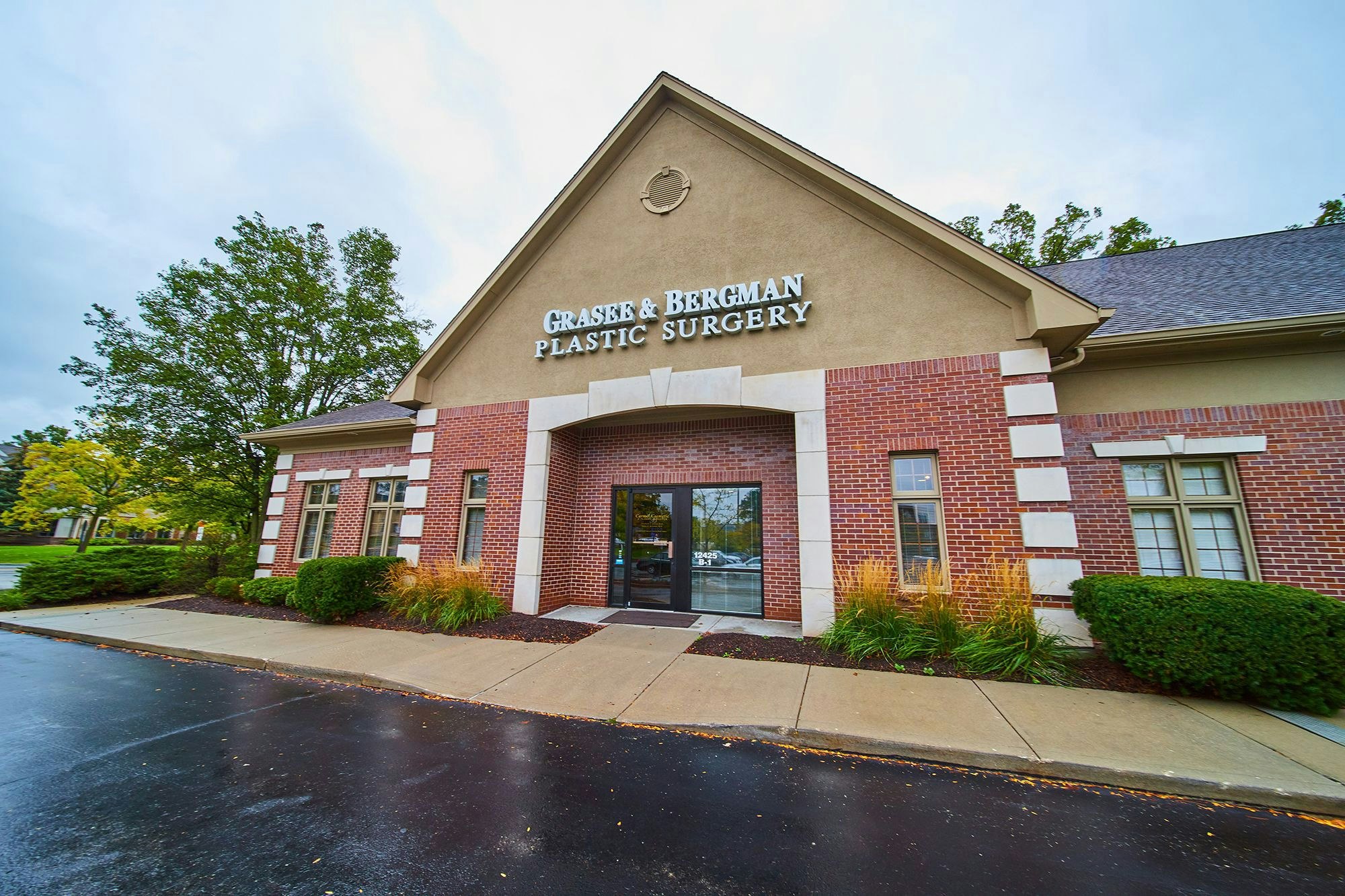Carmel Cosmetic & Plastic Surgeons Board-Certified Surgeons Providing World-Class Treatment
At Carmel Cosmetic and Plastic Surgeons, we invite you to learn more about the plastic surgery and skin care treatments that we offer to improve your appearance. Located just north of Indianapolis, our Carmel, IN, plastic surgery office serves all of Central Indiana.
As skilled, board-certified plastic surgeons, we offer a comprehensive range of surgical and non-invasive treatments to help you look and feel your best. We achieve this goal by personally tailoring your care throughout every stage of treatment from your initial consultation which encompasses the patient's aesthetic goals, unique anatomy, medical history, and lifestyle through your post-operative visits. Whether you are interested in aesthetic enhancement or require reconstructive surgery, our team will work closely with you to meet your unique needs. Our surgeons take the time to truly understand their patients' treatment needs, speak honestly about realistic expectations, and help their patients anticipate the recovery experience.

Meet Our Surgeons A Skilled Team Dedicated to Exceptional Care
Elizabeth A. Grasee, MD
Dr. Grasee earned her medical degree from the Medical College of Wisconsin. She went on to complete a residency in general surgery and a fellowship in plastic and reconstructive surgery. Dr. Grasee is a proud recipient of the Janet M. Glasgow Memorial Achievement Citation from the American Medical Women's Association.
Debra C. Bergman, MD
Dr. Bergman earned her medical degree from Indiana University School of Medicine. Her training also includes a residency in general surgery and a fellowship in plastic and reconstructive surgery. Dr. Bergman is a recipient of the Walther Cancer Institute Award, the Catherine Cox Hoover Award, and the Roy Rheinhardt Memorial Award.
Professional Affiliations
We Receive Accolades From Indianapolis-Area Patients
I had a breast reduction here about 5 months ago and I couldn’t be happier! Dr. Bergman was amazingly kind and everyone in the office was so supportive every step of the way!!
View on GoogleI would highly recommend Carmel Cosmetics. Great experience with office staff, very friendly and accommodating... I am so very pleased with the care provided and absolutely love my results. I appreciate Dr. Grasee and staff for the excellent care and support. I will be back early next year for an arm lift and I am looking forward to it!
View on Google
Schedule a Consultation
at Our Plastic Surgery Practice
Our Indianapolis surgeons, Dr. Grasee and Dr. Bergman, are certified by the American Board of Plastic Surgery and have been practicing for more than 15 years. We offer consultations that are comprehensive, taking your aesthetic goals, unique anatomy, medical history, and lifestyle into consideration. We take the time to truly understand your concerns and needs so we can develop a more tailored treatment plan.
If you decide to move forward with treatment, we provide personalized care throughout every stage of treatment, from the initial consultation through post-operative follow-up. We will guide you through the process so you can feel comfortable and confident in your decision to undergo cosmetic surgery.
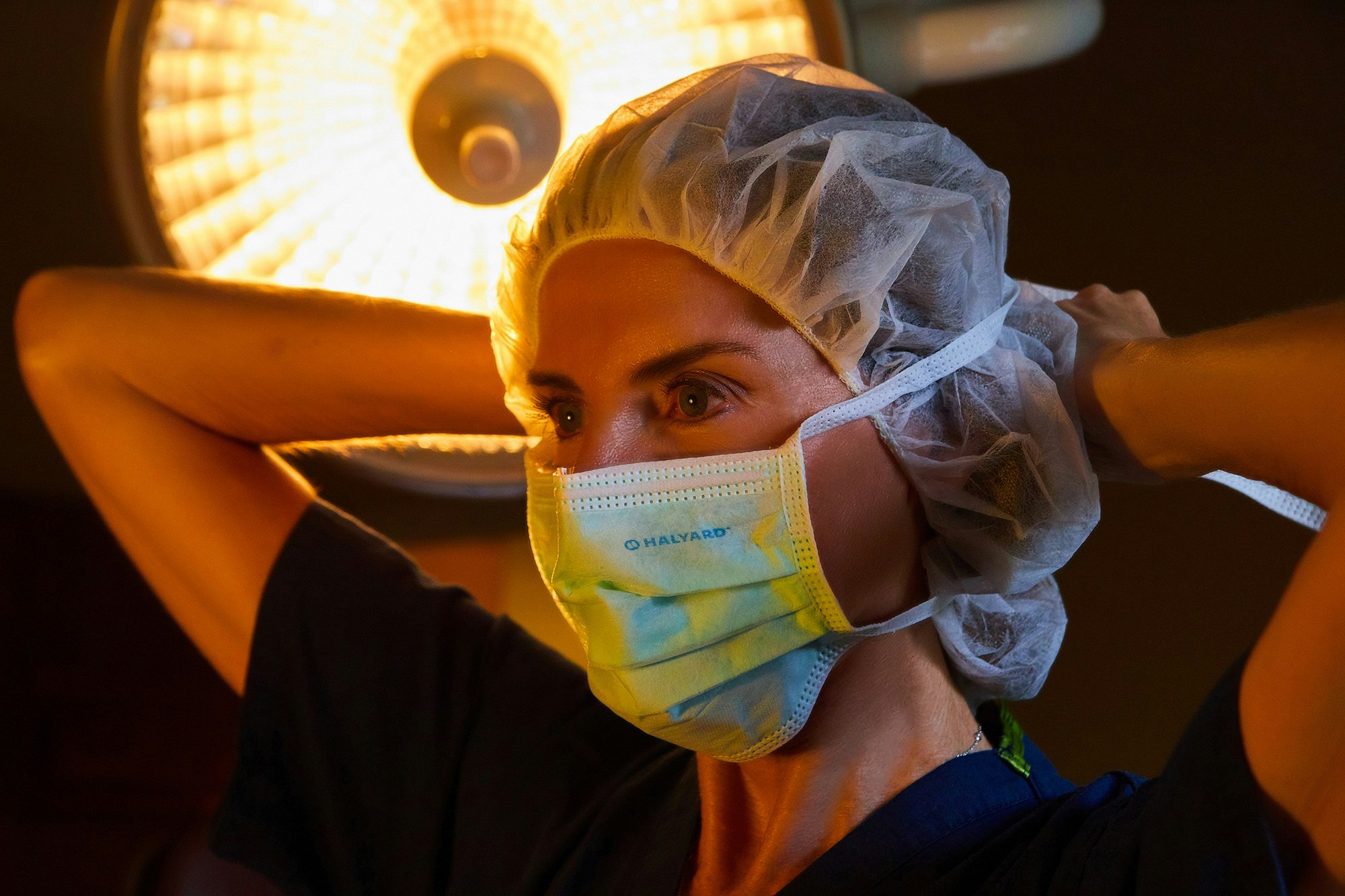
Contact our Indianapolis cosmetic surgery practice online or call us in Carmel at:
(317) 581-0001
Comprehensive Services
Breast Procedures
Body Procedures
Facial Procedures
Reconstructive Procedures
Non-Surgical Facial Enhancement
"I cannot say enough good about this practice as a whole. From the moment you walk in the door, nothing but welcoming warmth and kindness from every person I had contact with. I ended up choosing Dr. Grasse for a full tummy tuck after consults with a few other surgeons. Her bedside manner is superb, she is so down to earth and easy to converse with which instantly made be incredibly comfortable with her. She takes her time with you, is educational and completely transparent so you have realistic expectations before, during and after.
Trish the clinic nurse is always quick to respond with any and all questions. I had my procedure today and am so thankful for my choice in my care." Danielle Kull
Tailoring Breast Augmentation
to Suit Your Anatomy and Goals
Breast augmentation is one of the most requested cosmetic surgery treatments at our practice by Indianapolis patients. This treatment effectively and predictably enhances the size and shape of the breasts for patients with naturally small breasts and those who have seen changes in the appearance of their breasts as a result of pregnancy and the aging process.
Breast augmentation can be easily tailored to meet your personal needs and goals. We will educate you about all of your breast surgery options and speak honestly about the possible outcomes that we can achieve.

Tummy Tucks Solve Problems That Diet & Exercise Can't
Age, heredity, pregnancy, or weight fluctuations can leave you with stretched-out abdominal muscles and excess skin that no amount of dieting and exercise can fix. However, our Indianapolis surgeons can skillfully address these issues with a tummy tuck (abdominoplasty).
By tightening muscles and removing excess skin, our plastic surgeons can create a smoother, more toned silhouette. We can tailor abdominoplasty to your individual needs, offering mini, traditional, and extended tummy tucks.

Let Liposuction Create Lean Contours Ideal for Men and Women
Stubborn, unwanted deposits of fat are often unresponsive to diet and exercise and mar the toned, healthy silhouette people work hard to achieve. Liposuction may be the answer to your problems. There are many areas that liposuction can be used to refine your looks:
- Face
- Chin
- Neck
- Back
- Thighs
- Calves
- Abdomen
- Hips/Buttocks
Our Indianapolis plastic surgeons have spent more than 15 years refining their techniques with this popular procedure, which requires an artful touch to create smooth contours and a natural line.

See the Difference Liposuction Makes
Is This Your First Time Considering Plastic Surgery? Start Here: Request a Private Consultation
We all have visions of how we would like to look, but taking that first step can be intimidating.
At Carmel Cosmetic and Plastic Surgeons, Dr. Grasee and Dr. Bergman go out of their way to make sure patients feel welcome and heard. They want every patient to feel comfortable sharing their innermost thoughts so they can explore all available options.
Our plastic surgeons never rush patients in and out. Consultations are the golden moment where your aesthetic goals can be defined. Your treatment plan can become a reality. Start now by calling us at:
(317) 581-0001
Serving Indianapolis, Carmel,
and Central Indiana
Take a Look Inside Our Office
Providing Life-Changing Results
Dr. Grasee did my tummy tuck, lipo, and breast lift!. She did an amazing job. I’m so happy with my results! My belly button looks amazing and my transformation is crazy! I’m so grateful for her and her team they really did change my life!
View on GoogleIf you’re looking for a skilled surgeon with an excellent bedside manner, look no further than Dr. Bergman. The level of care she and her team (special shout-out to Trisha) have provided me during and after my extensive procedure is unmatched. Highly recommend!
View on GooglePayment and Financing Options Available
We offer several financing options to help you achieve your goals despite any budgetary limitations. Financing options include Key Bank, Fifth Third Bank, and Forum Credit Union.






